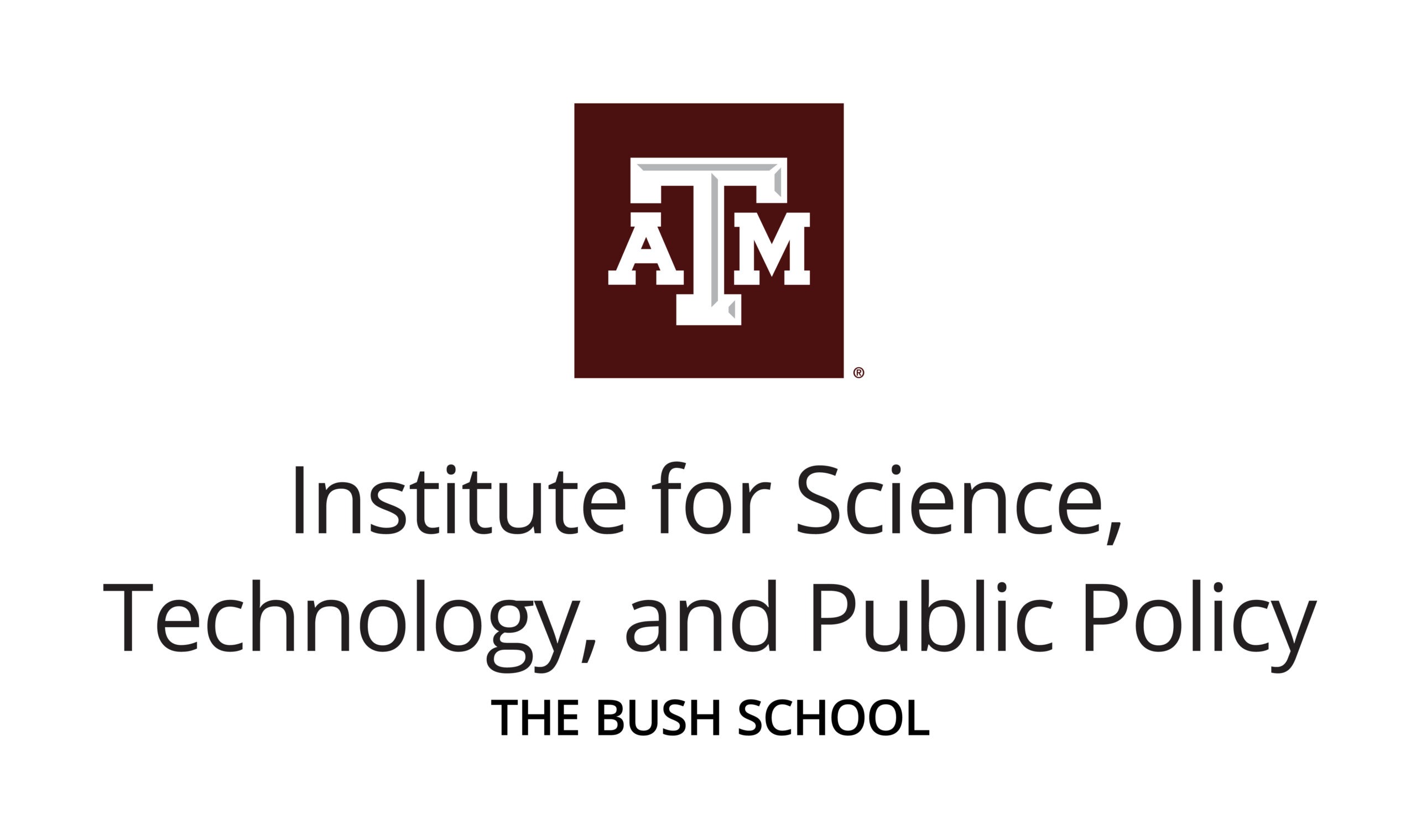
Dr. Xinsheng Liu (ISTPP Senior Research Scholar and Research Scientist), Dr. Bryce Hannibal (ISTPP Research Fellow), and Dr. Arnold Vedlitz (ISTPP Director and Distinguished Research Scholar) have published a study in the Policy Studies Journal titled “Bureaucratic Access in National Policy Agenda Setting Process: Participation, Dispersion, and Centrality.”
In this study, the authors build on past research to develop a conceptual framework and introduce analytical measures for investigating federal bureaucrats’ multifaceted agenda access to the congressional agenda-setting process concerning the issue of global warming and climate change (GWCC).
Using a unique dataset that includes all congressional GWCC hearings and testimonies from 1976 to 2007, the authors apply a traditional indicator alongside two new measures to evaluate three critical aspects of congressional agenda access: participation in hearings, dispersion across committees, and network centrality. These metrics allow them to test hypotheses derived from their conceptual framework and theoretical expectations.
Findings from statistical analyses consistently demonstrate that, compared to other witness groups such as academia, industry, and non-profits, federal bureaucrats were the most frequent, widely distributed, and centrally positioned actors in the GWCC agenda-setting process during the early pre-legislation stage when the issue was still emerging and malleable.
This study contributes to the understanding of bureaucratic influence in Congress and advances empirical measures to assess the multifaceted power of bureaucrats and other policy actors in shaping the national policy agenda.
